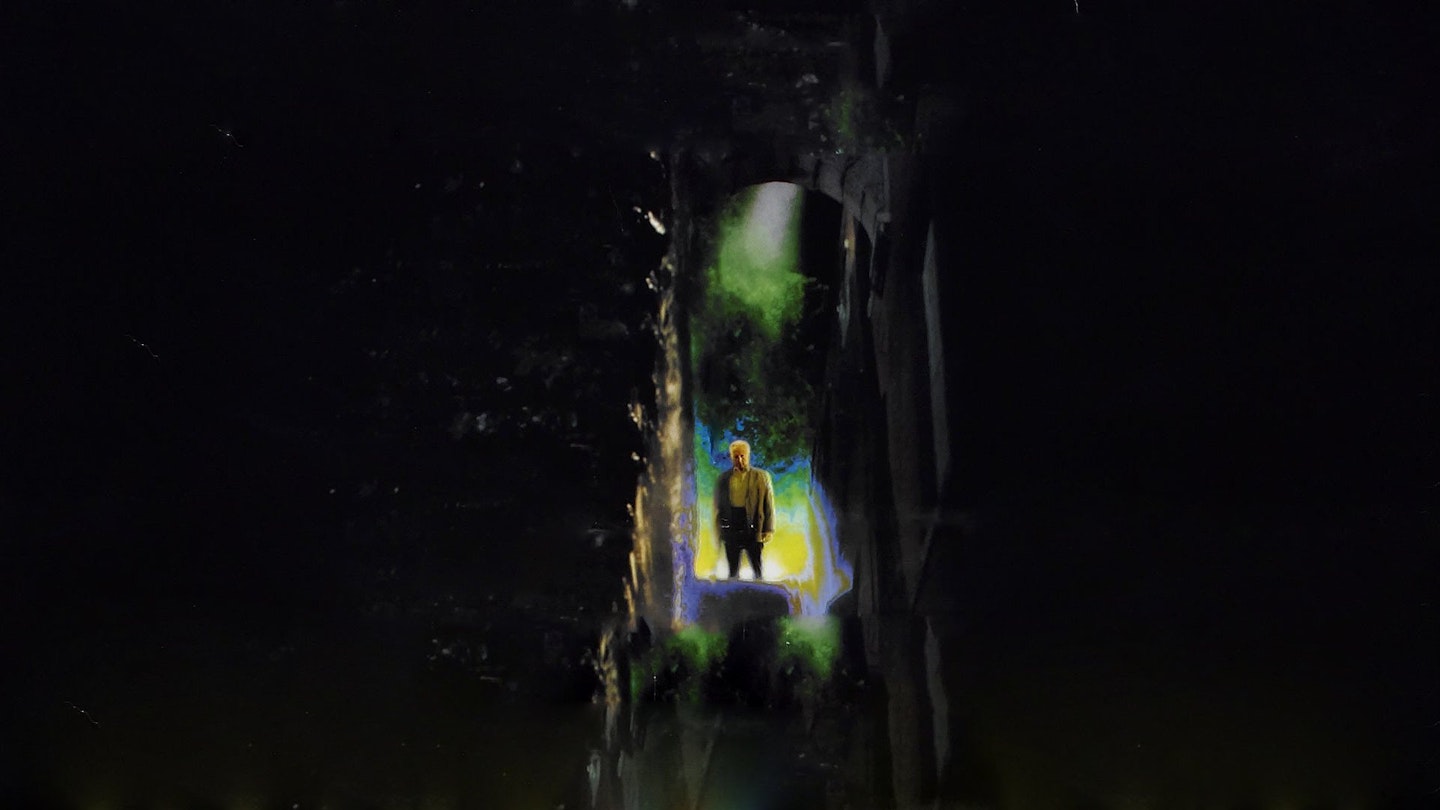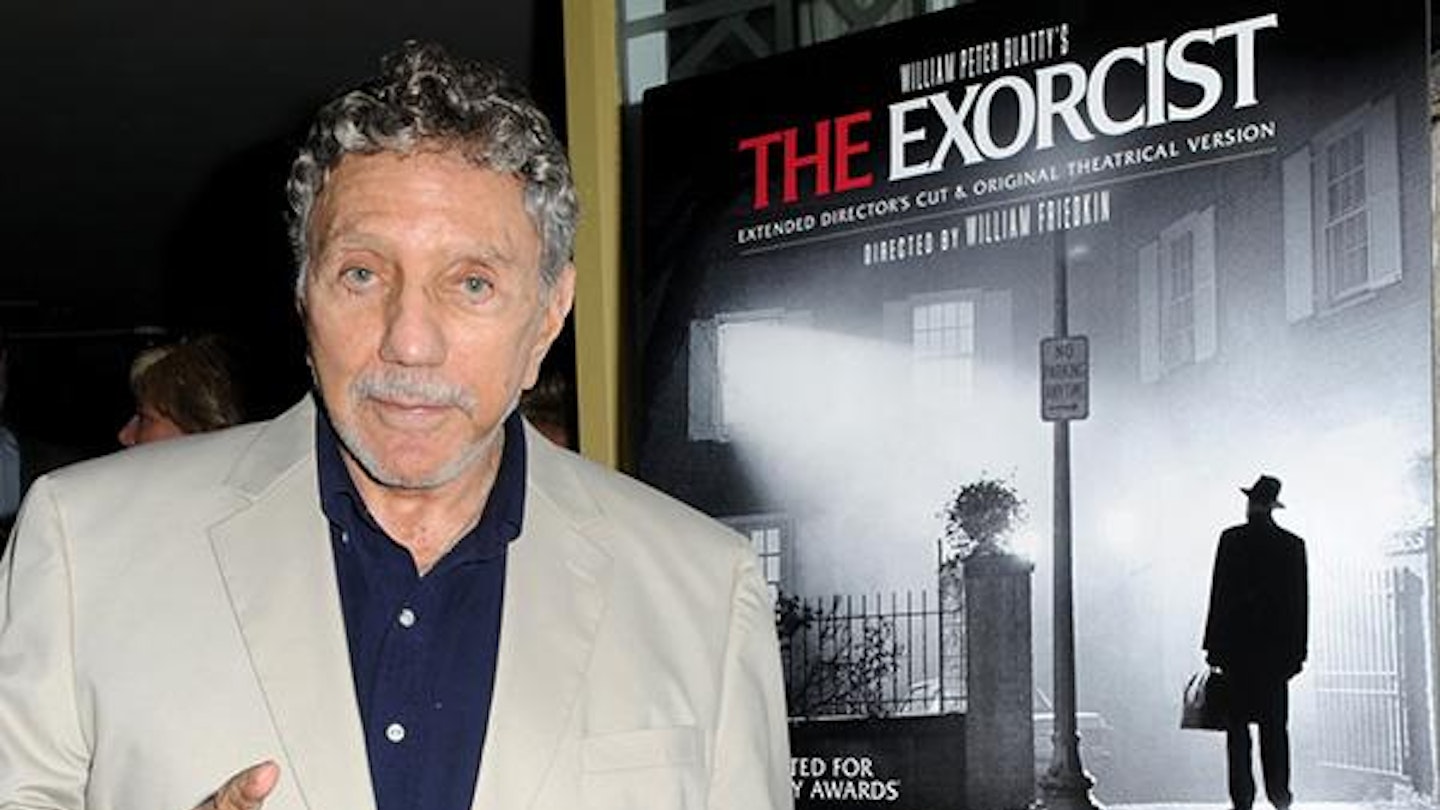All three Exorcist sequels have been troubled, disappointing films which exist in multiple versions because of clashes between the studios who own the franchise and the visionaries they hire to follow up William Friedkin’s hit. Here, William Peter Blatty, original author of the novel, steps up to write and direct, ignoring Exorcist II: The Heretic and adapting his own follow-up book, Legion.
Too much of the movie takes place in dark rooms where people describe horrors that might more profitably have been on the screen, and the plot is a house of cards that constantly collapses as Blatty the screenwriter poses Blatty the director challenges that he can’t meet.
However, the film comes to life in a few brief, illogical flashes that deliver genuine scares – a possessed old woman crawling ignored on the ceiling, a white-robed figure with an impressive decapitation implement drifting after a doomed nurse. Examining Blatty’s original cut, the producers decided an Exorcist sequel ought to have an exorcism in it, and so Nicol Williamson was called in for extra Bible-thumping scenes which look exactly like tacked-on additions that pad out an already-ludicrous climax (‘I believe in slime,’ Scott yells) to insane proportions.
Though dressed up with a lot of talk about faith and the nature of Evil, Exorcist III is essentially yet another variation on the cycle of movies (The Hidden, Shocker, The First Power) in which a cop pursues a body-hopping serial murderer, with mad-eyed Dourif doing the act he had already perfected in Child’s Play.

